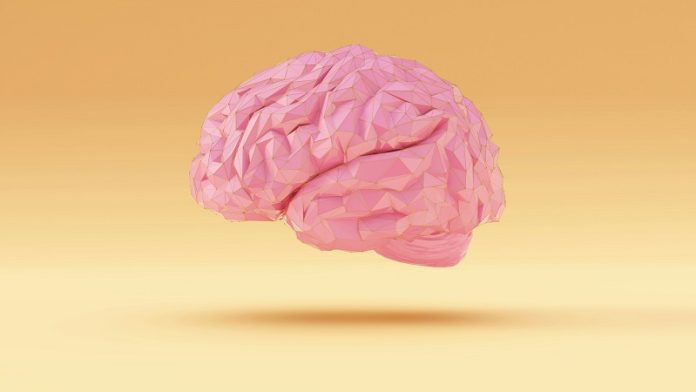
The common cold sore virus, herpes simplex virus type 1 (HSV-1), may do more than just cause painful sores—it can invade the brain, potentially leading to neurological problems.
Researchers at the University of Colorado Anschutz Medical Campus have mapped how HSV-1 travels in the brain, offering new insights into how this virus might contribute to diseases like Alzheimer’s.
The study, published in the Journal of Virology, explored how HSV-1 enters the brain and which areas are most affected.
“We know HSV-1 has been linked to neurodegenerative diseases, but it wasn’t clear how it gets into the brain,” says Christy Niemeyer, Ph.D., an assistant professor of neurology and one of the study’s authors.
“Knowing the virus’s route and which brain regions are most vulnerable is key to understanding how it may cause disease.”
The research team wanted to see if HSV-1 moves randomly or targets specific areas once it enters the brain. They found that the virus infects crucial brain regions that control important functions.
For example, HSV-1 was found in the brain stem, which regulates movement and sleep, and in regions that produce serotonin and norepinephrine, chemicals that affect mood.
The virus also reached the hypothalamus, which controls appetite, sleep, mood, and hormones. Even without causing severe brain infections, HSV-1 may still affect how these areas function, leading to potential health problems.
Another important finding involved the brain’s immune cells, called microglia. Microglia act as defenders in the brain, fighting infections and clearing away damaged cells.
When they encounter HSV-1, they become “inflamed” in an effort to fight it off. However, the researchers observed that in some brain regions, this inflammation continued even after HSV-1 was no longer present.
Niemeyer explains, “These persistently inflamed microglia could cause chronic inflammation, which is a known trigger for neurological and neurodegenerative diseases.”
This persistent inflammation is concerning because it may lead to long-term changes in the brain that contribute to diseases like Alzheimer’s. Understanding how HSV-1 interacts with the brain’s immune cells is a step forward in learning how viruses can affect brain health and trigger neurological diseases.
The researchers hope that this study will encourage further exploration into the role of common viruses like HSV-1 in brain health. By studying these interactions more closely, they aim to uncover new strategies for preventing or treating neurological diseases that might be linked to viral infections.
If you care about brain health, please read studies about low choline intake linked to higher dementia risk, and how eating nuts can affect your cognitive ability.
For more information about brain health, please see recent studies that blueberry supplements may prevent cognitive decline, and results showing higher magnesium intake could help benefit brain health.



